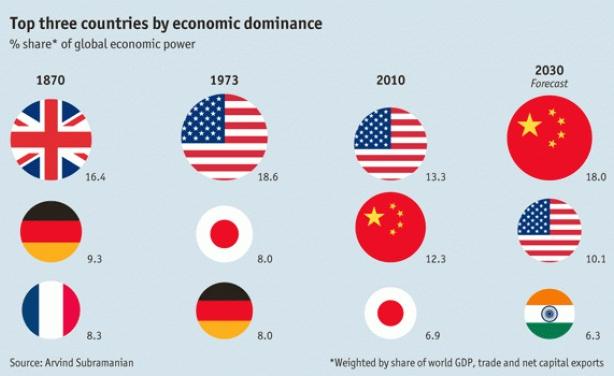
Christopher A. McNally, Professor of Political Economy, Chaminade University
Dec 08, 2017
The China model could lead to more varied views on what works and doesn’t in economic development.
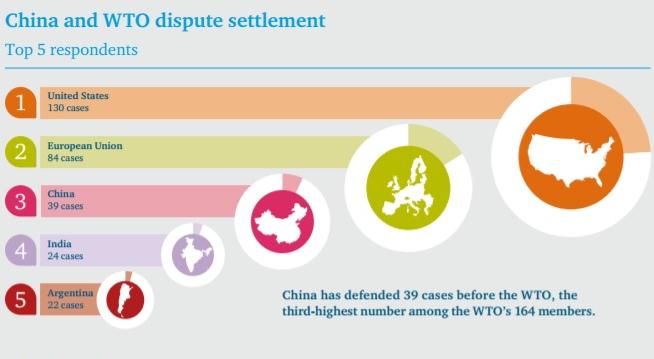
Dan Steinbock, Founder, Difference Group
Dec 08, 2017
Recently, the Trump administration notified the World Trade Organization (WTO) that the United States opposes granting China market economy status at the WTO, an opinion also supported by the European Union. Under the World Trade Organization (WTO) terms, China should have graduated last year to market-economy status.
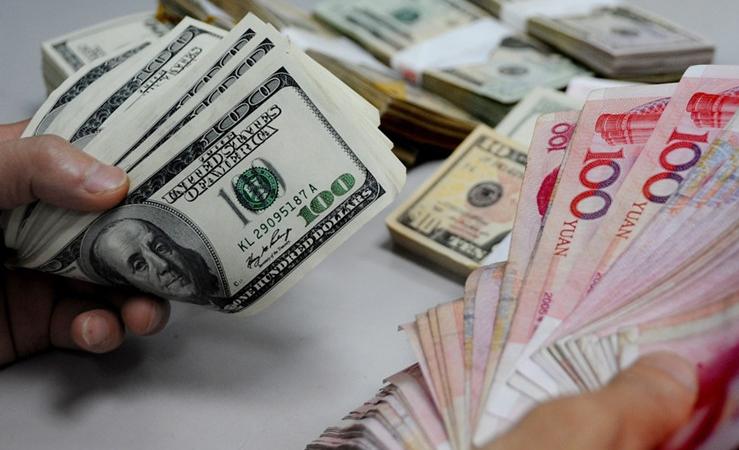
Matt Ferchen, Nonresident Scholar, Carnegie-Tsinghua Center for Global Policy
Dec 08, 2017
Recent studies have inspired headlines such as “China and U.S. ‘neck and neck’ in foreign assistance spending”. Contrasted against the Trump administration’s apparent contempt for longstanding American support for global development promotion, such headlines seem yet further evidence of China’s emergence as a leader of global economic governance and influence.
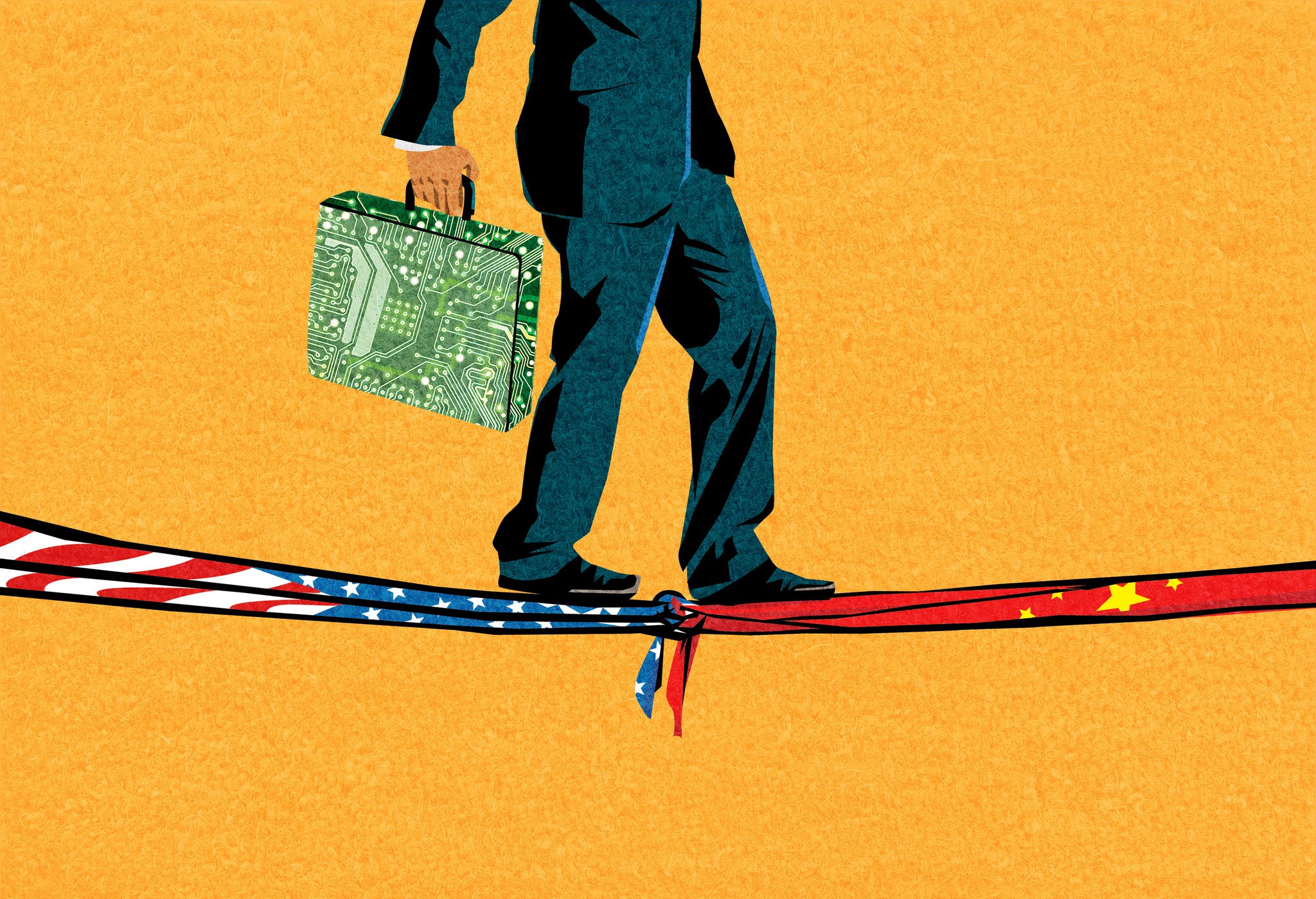
Justin Lau, Independent Researcher of International Political Economy
Dec 07, 2017
President Donald Trump signed a memorandum authorizing Robert Lighthizer, the US trade representative, to determine whether to investigate on complaints that U.S. companies were "involuntarily" transferring core technologies to China in order to secure market access.
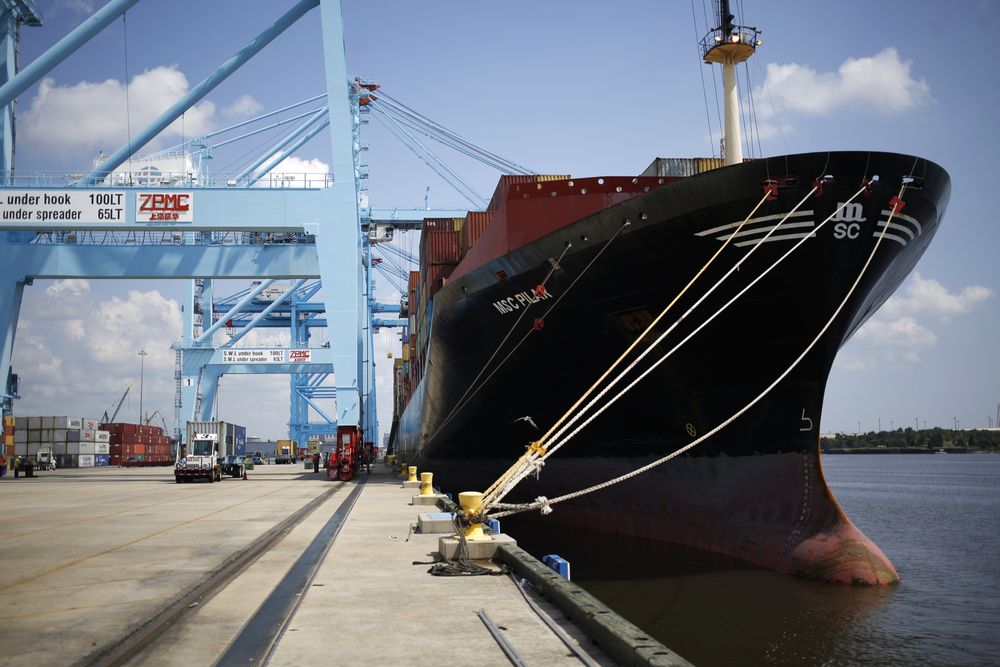
Niu Tiehang, Senior Fellow, CCIEE
Dec 07, 2017
In warfare one seeks surrender, but in world affairs one seeks solutions.
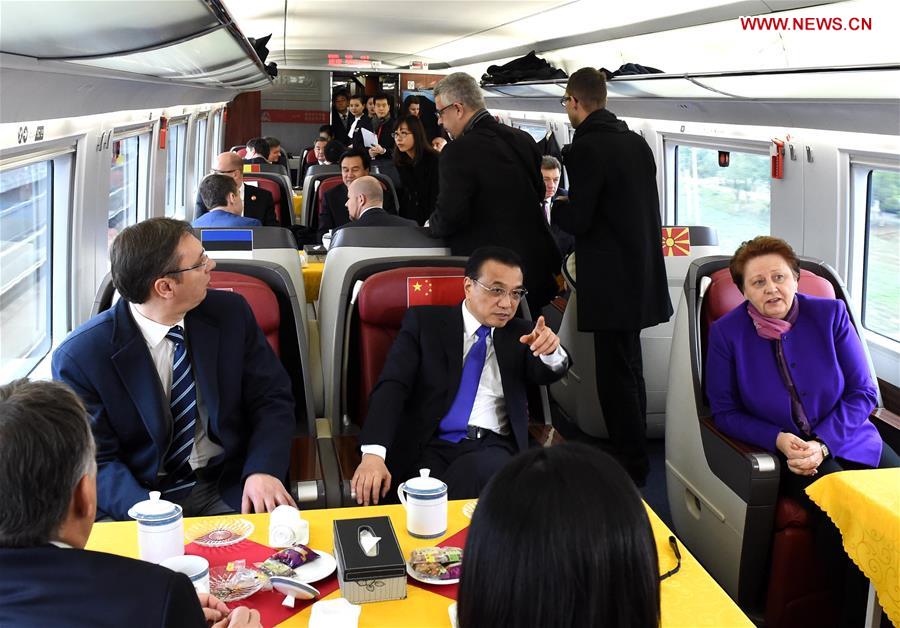
Ágnes Szunomár, Head of the Research Group on Development Economics, Institute of World Economics
Dec 06, 2017
In the past decade, China has increasingly been perceived in Central and Eastern Europe (CEE) as a country which could bring economic benefits to the region through developing trade relations, growing inflow of Chinese investment and recently also through infrastructure projects.

Kemel Toktomushev, Research Fellow, University of Central Asia
Dec 01, 2017
The Chinese government hopes to create “a sincerity culture” and raise “honest mentality and credit levels of the entire society” through the Social Credit System. However, this system may evolve into a large-scale political tool. The system can be used to ensure citizens, private companies, public officials, and state institutions abide by the rules.

Zainab Zaheer, Development Consultant
Nov 30, 2017
On November 14, 2017, Pakistan dropped its bid to have the Diamer-Bhasha Dam financed under the China-Pakistan Economic Corridor (CPEC) framework. The current Chairman of Pakistan’s Water & Power Development Authority has claimed that the conditions stated by the Chinese for financing Diamer-Bhasha “were not doable and against our interests.” These conditions included the Chinese ownership of the project, including operation and maintenance, and the securitization of the Diamer-Bhasha project by pledging another operational dam.
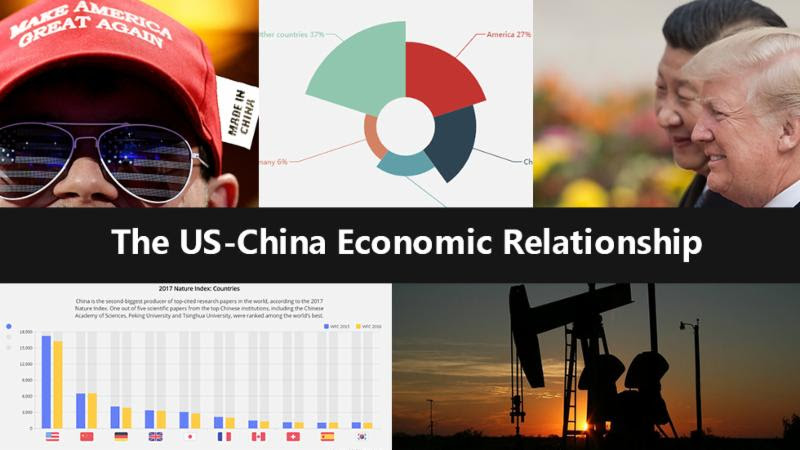
Nov 29, 2017
The China-US Focus team has launched a new microsite that explores the trade relationship between China and the United States, including the remarkable benefits US-China trade offers.
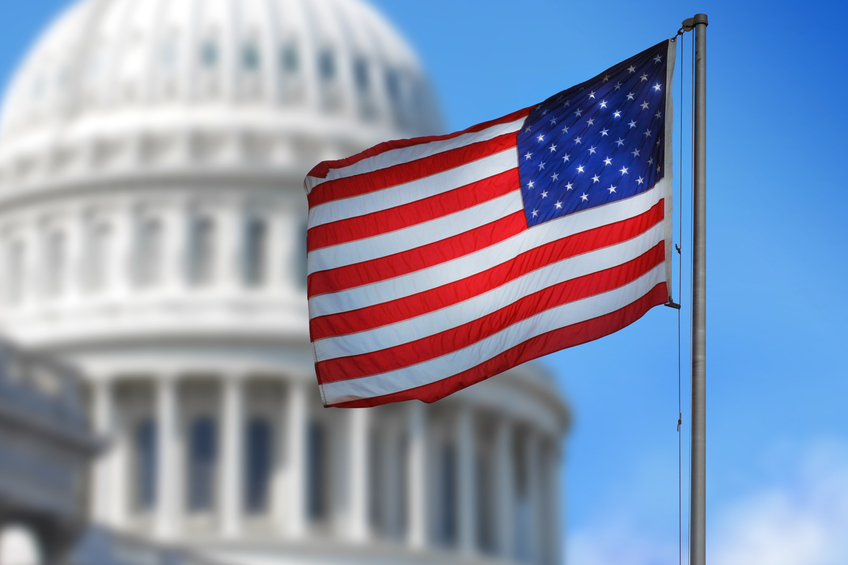
Stephen Roach, Senior Fellow, Yale University
Nov 28, 2017
Tax cuts masquerading as tax reform are the best way to describe the thrust of Washington’s latest policy gambit. The case is largely political – namely, the urgency of a Republican Congress to deliver a legislative victory for a Republican president. The consequences, however, are ultimately economic – and, unsurprisingly, likely to be far worse than the politicians are willing to admit.
Back to Top

- China-US Focus builds trust and understanding between the U.S. and China through open dialogue among thought leaders.
- Our Offerings
- Topics
- Videos
- Podcasts
- Columnists
- Research Reports
- Focus Digest
- Stay Connected
-
Thanks for signing up!
- Get the latest stories from China-US Focus weekly.